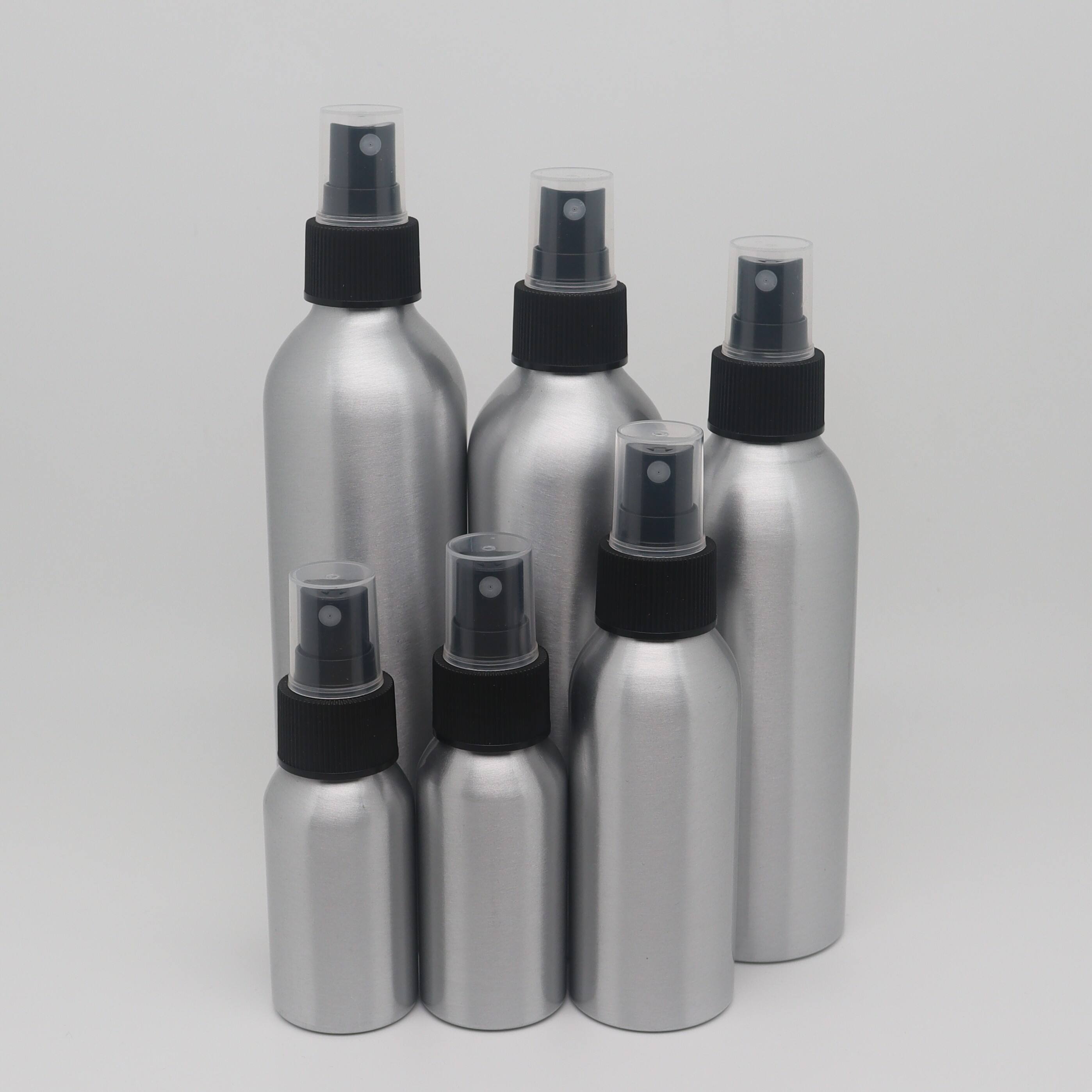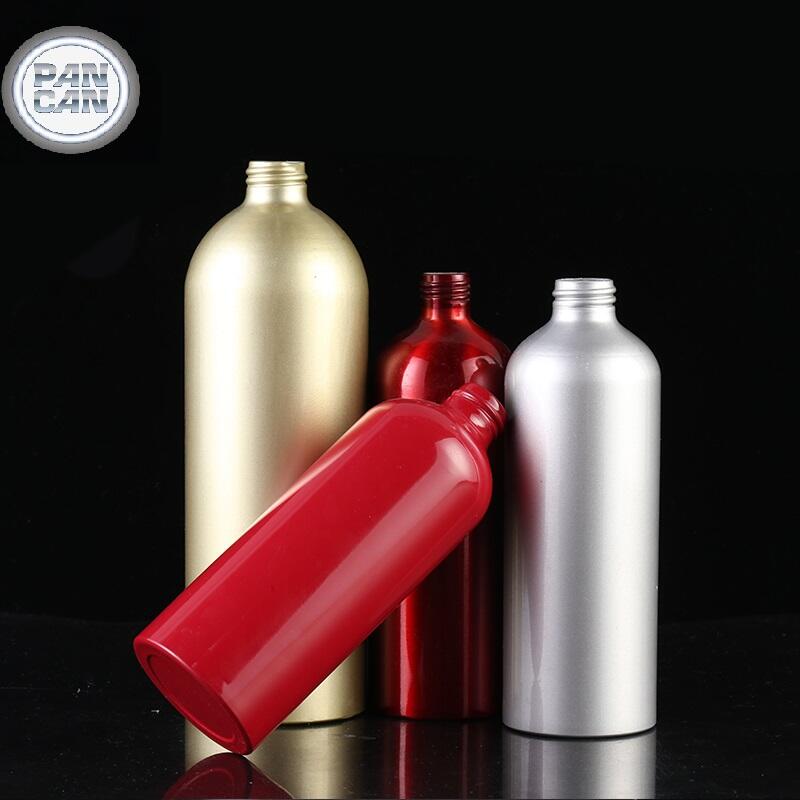Growing Global Consciousness Drives Eco-Friendly Packaging
Consumer Shift Toward Sustainable Alternatives
In recent years, consumer awareness about environmental degradation has led to a significant move away from single-use plastics. The bottled water industry, long dominated by plastic containers, is now undergoing a notable transformation as more people seek alternatives that are both functional and eco-conscious. Aluminum bottled water has emerged as a promising solution, combining recyclability with durability. Brands like Proud Source Water, Re: water, and Pathwater are capitalizing on this shift by offering products that align with consumers' green values.
The Role of Environmental Regulations
Governments and international organizations are also playing a crucial role in shaping the demand for sustainable packaging. With increasing regulations on plastic usage and higher recycling targets, companies are now incentivized or even required to adopt more sustainable practices. Aluminum bottles fit these policies perfectly due to their high recyclability and lower overall environmental impact compared to plastic. The growing legislative pressure contributes to the rise in demand for aluminum bottled water, especially in North America and Europe.
Key Advantages of Aluminum Bottled Water
Infinite Recyclability and Lower Carbon Footprint
One of the most compelling reasons aluminum bottled water is gaining traction is its recyclability. Unlike plastic, which degrades in quality each time it's recycled, aluminum can be reused indefinitely without any loss in quality. This contributes to a circular economy and drastically reduces waste in landfills. Moreover, producing recycled aluminum requires 95% less energy than manufacturing it from raw materials, which helps in reducing the overall carbon footprint.
Temperature Control and Durability
Aluminum bottles also offer practical benefits. They keep beverages cooler for longer and are more robust, making them ideal for on-the-go lifestyles. Their durability reduces the chances of leakage or breakage, making them particularly attractive for travelers, outdoor enthusiasts, and athletes. These functional benefits contribute to repeat purchases and growing brand loyalty, further increasing market demand.
Leading Brands Setting the Benchmark
Proud Source Water and Its Ethical Sourcing
Proud Source Water is among the pioneers in the aluminum bottled water space. The brand not only uses sustainable packaging but also promotes ethical water sourcing practices. Their focus on transparency and community partnerships has helped them build a loyal customer base. By placing sustainability at the heart of their operations, they’ve managed to position themselves as a premium yet responsible choice in the market.
Re: water's Circular Economy Model
Re: water emphasizes its closed-loop recycling system. Their business model encourages consumers to return empty bottles, which are then cleaned and reused. This innovative approach exemplifies how brands can go beyond recycling to create a genuinely circular product lifecycle. It also appeals to consumers who are deeply invested in reducing their environmental impact, making Re: water a significant player in this growing segment.
Pathwater's Education-Focused Strategy
Pathwater takes a unique route by focusing on education and advocacy. The company actively works with schools and institutions to promote awareness about single-use plastics and the importance of sustainable alternatives. Their reusable aluminum bottles are designed to be refilled and reused, further enhancing their eco-friendly value proposition. This educational angle not only builds trust but also cultivates a new generation of environmentally conscious consumers.

Market Segments and Growth Projections
Consumer Demographics and Behavior
Millennials and Gen Z are currently the most enthusiastic adopters of sustainable packaging solutions. These groups tend to prioritize environmental and social issues when making purchasing decisions. Aluminum bottled water aligns with their preferences and values, leading to higher adoption rates in these age groups. The trend is further fueled by influencers and social media campaigns, which normalize and popularize sustainable choices.
B2B and Institutional Demand
In addition to individual consumers, there is rising demand from businesses and institutions. Offices, gyms, hotels, and event venues are increasingly choosing aluminum bottled water for its eco-friendly appeal and branding potential. Offering sustainable water bottles can enhance a business's corporate social responsibility profile, making it a strategic choice rather than just a functional one.
Regional Trends and Market Penetration
North America and Europe Leading the Way
The demand for aluminum bottled water is highest in regions with strict environmental regulations and strong consumer awareness, particularly in North America and Europe. These markets are more mature and have robust recycling infrastructures, making it easier to adopt and promote aluminum packaging. Consumers in these areas are also more willing to pay a premium for sustainable options.
Expanding Opportunities in Asia and South America
Emerging markets in Asia and South America are beginning to show interest in sustainable packaging as urbanization and environmental awareness grow. Although infrastructure challenges remain, early adopters and premium brands are introducing aluminum bottled water as part of their eco-friendly product lines. Over time, as recycling systems improve, these regions may become major growth centers for the industry.
Challenges and Considerations
Price Sensitivity and Consumer Education
Despite its many benefits, aluminum bottled water is often more expensive than plastic alternatives. This can be a barrier in price-sensitive markets. Educating consumers about the long-term environmental and health benefits is crucial in overcoming this obstacle. Many brands are now investing in campaigns to explain why aluminum is worth the extra cost.
Recycling Infrastructure and Availability
Another challenge is the variability in recycling infrastructure across different regions. While aluminum is infinitely recyclable, the effectiveness of this depends on local systems. Brands and governments need to work together to improve collection and recycling facilities to ensure that the potential of aluminum bottles is fully realized.
The Future Outlook for Aluminum Bottled Water
Innovation and Product Diversification
As technology evolves, aluminum bottles are expected to become lighter, more cost-effective, and more diverse in design. Customization and branding opportunities also make them appealing to a wide range of consumers and industries. This innovation will likely spur even greater market demand in the coming years.
Industry Collaborations and Standardization
Collaboration among manufacturers, governments, and environmental organizations will be key to setting industry standards. Establishing universal guidelines for aluminum bottled water can improve consumer trust and streamline recycling processes. This cooperative approach will help the market mature and expand globally.
FAQ
What makes aluminum bottled water more sustainable than plastic bottled water?
Aluminum bottles are infinitely recyclable without losing quality, while plastic degrades each time it's recycled. Producing recycled aluminum also consumes significantly less energy.
Are aluminum bottles safe for repeated use?
Yes, most aluminum bottled water products, like those from Pathwater, are designed for repeated use and come with food-grade linings to prevent any metal taste or contamination.
Why is aluminum bottled water more expensive?
The higher cost is due to material and production processes, but the environmental benefits and reusability often justify the price for conscious consumers.
Can aluminum bottled water completely replace plastic in the future?
While a full replacement is unlikely in the short term, increasing adoption and technological improvements suggest a major shift toward aluminum packaging is well underway.






